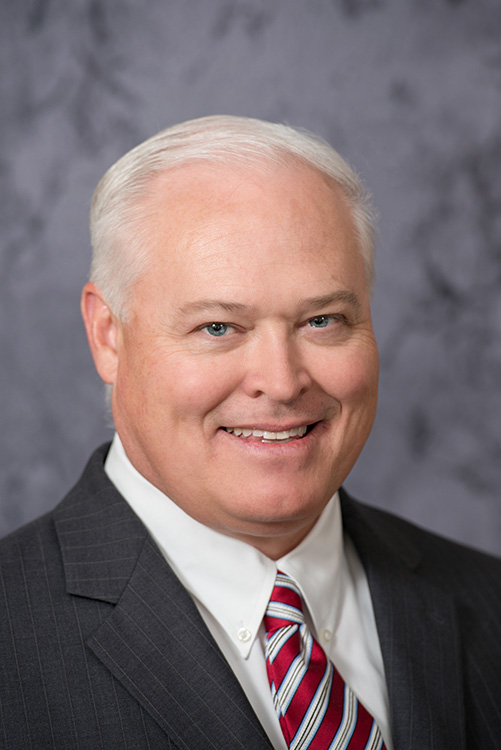Originally published: October, 2020
To read Coast Electric Power Association's latest story, click his link.
"Living in 2020, in the middle of a pandemic, distance learning and telemedicine are critical. So what do you do if you live in an area where you don't have access to Internet?"
The question voiced by Ron Barnes, CEO of Coast Electric Power Association in southern Mississippi, is one echoed throughout the many unserved and underserved rural communities without broadband service. Barnes and the team at Coast Electric intend to change that reality for the communities in the Gulfport region through its fiber-to-the-home (FTTH) network project.
Coast Electric's broadband journey started well before coronavirus, however, in 2018 when a coalition of Mississippi electric power associations (EPAs) came together to lobby for legislative changes to be able to provide rural broadband service in the state. At that time, leaders thought the 2020 legislative session was the most realistic prospect for change. Instead, the legislation was presented in January 2019 and passed within weeks - an unprecedented time span.
Barnes said the legislature's decisive action demonstrated the power of the electric cooperatives but also the perfect timing. "There was a huge groundswell of grassroots support from organizations and individuals who all agreed: It was time for Mississippi to catch up and to have Internet accessibility, especially in our rural areas," he said. (At the time, the state ranked toward the bottom of U.S. states in terms of accessibility.)
Fast forward to 2020 and the COVID-19 pandemic. The global crisis illustrated for Coast Electric the plight of customers throughout the Gulfport region who lacked the essentials of the "new normal" - high-speed Internet technology to enable telehealth services and video visits with doctors; to make distance learning possible for students; and to allow professionals to work from home efficiently and effectively. Instead, residents must continue to commute into offices, putting themselves and their families at risk from increased exposure, as well as missing professional and educational experiences because the technology to support these experiences doesn't exist in their location.
But while COVID-19 exposed the deficiencies of Internet accessibility in the region, it has also offered Coast Electric an opportunity to fast-track its broadband start by leveraging resources and grants from state and federal government who recognize the essential need for high-speed Internet.
In July, Coast Electric was one of 15 EPAs awarded a grant for a broadband pilot project funded by the federal CARES Act coronavirus recovery plan to reach unserved and underserved Mississippi communities. Seven of those EPAs, including Coast Electric, are working with Conexon. In less than six months, they will collectively build over 2,000 miles of fiber, making service available to over 40,000 unserved rural Mississippians.
Coast Electric has launched its pilot project in Pearl River County and is moving quickly to build out two substations in the most rural areas. Service will be available in 4Q 2020.
Shortly after the pilot's launch, the co-op's membership voted overwhelmingly to pass an amendment that would allow the co-op to begin offering broadband service to members. Although 70% of the co-op's 84,000 meters are already served by some sort of service, mostly cable, Barnes said Coast Electric will offer residents the opportunity for gigabit-symmetrical speed with no data caps - for a lower monthly price than existing 200 Mbps service with data limits.
Barnes' best advice for co-ops considering expansion into broadband is to find a trusted partner to help decision-makers learn all they can about the business and get started as early as possible. Coast Electric first approached Conexon to provide feasibility studies. Barnes said his team was immediately comfortable with Conexon's leadership, patience, expertise, and organizational culture, which "operated the most like a cooperative," he said.
Conexon will be supporting Coast Electric with project management, make-ready evaluation, network design, construction, and engineering and marketing support, as well as technical support services after launch.
"We couldn't have done this without Conexon," Barnes said. "We at Coast Electric have extremely high customer satisfaction ratings, and we have those for a reason. We believe that anyone we partner with is going to treat our customers and our members as well as we do. Everything we've asked for, Conexon has delivered on."
"You're going to take some areas that have never had Internet and now you're going to be giving them gigabit-speed symmetrical service."

